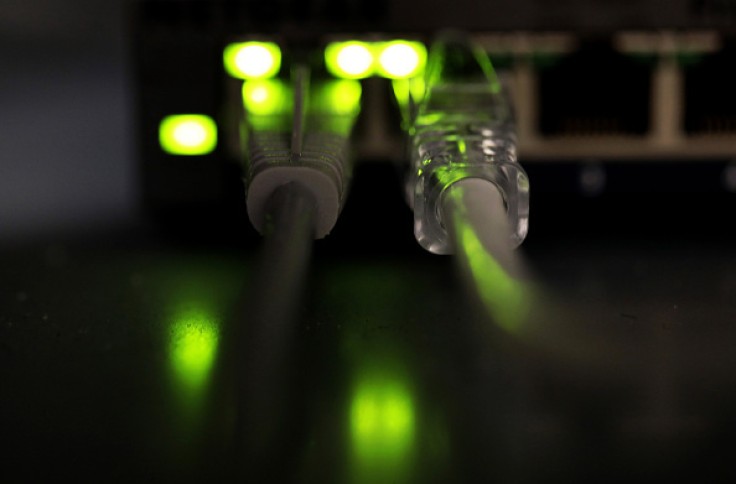Technology is leaning towards wireless connections now. It's understandable since there are so many advantages to going wireless such as not having to deal with, well, wires. However, there are instances when going with the wired option might be better, especially with networks.

1. Faster Connection
Wired network connections can provide you with faster and more reliable connections. The more modern ethernet networks are able to reach up to 5 Gbps of data transmission, which can even be increased with the right tools and devices like Gigabit Ethernet routers.
You won't have to deal with low transfer speeds or signal buffers, which can be a hassle if you're using your network for specific tasks like live streaming, downloading massive amounts of data, or even just watching high-resolution content.
2. No Limits in Bandwidth
It's amazing how far you can be from the router when you use an ethernet cable. As opposed to Wi-Fi or other wireless connections, there's only a certain distance you can go before you lose your signal, as mentioned in Versitron. The farther you are, the slower it will be.
Ethernet cables, on the other hand, can go as far as 100 meters, which works best if your PC, for example, is located far from the router. You can easily organize the long wire using cable clips and place them in corners so they won't get in anyone's way.
3. More Secure
If you use your connection for handling sensitive data, it's best to use a wired connection to prevent cyber theft. Wireless connections can easily be breached by threat actors and steal important data, which could cause more trouble than a few wires.
For home connections, people outside your household may steal your network's bandwidth, which could lead to a slower connection for you. Even with a password, there are experts who can easily crack them and gain access to some of your connected devices.
4. Signals Won't Be Obstructed
Since your connection will basically have its own pathway, you won't have to worry about household or workplace items that could interfere with your connection, unless you live or work in a huge open space and you're not too far from the router.
Walls and ceilings will affect how strong the wireless network connection is. As pointed out by Turbo Future, even furniture can obstructions. With that in mind, a wired connection is a better fit especially if you live or work in separate rooms from the router.
5. Not Prone to Environmental Interruptions
Given that wireless networks transmit through open space, a lot of factors could affect the connection, which makes it unreliable for extreme weather and other outside factors. Wired connections use copper wires, which are more resilient.
With wireless networks, you might find yourself with slow connections due to interruptions from rain, atmospheric pressure, radio signals, noise, electromagnetic waves, and more. To choose the best connection, it's important to inspect the environment where it will be installed in first.









